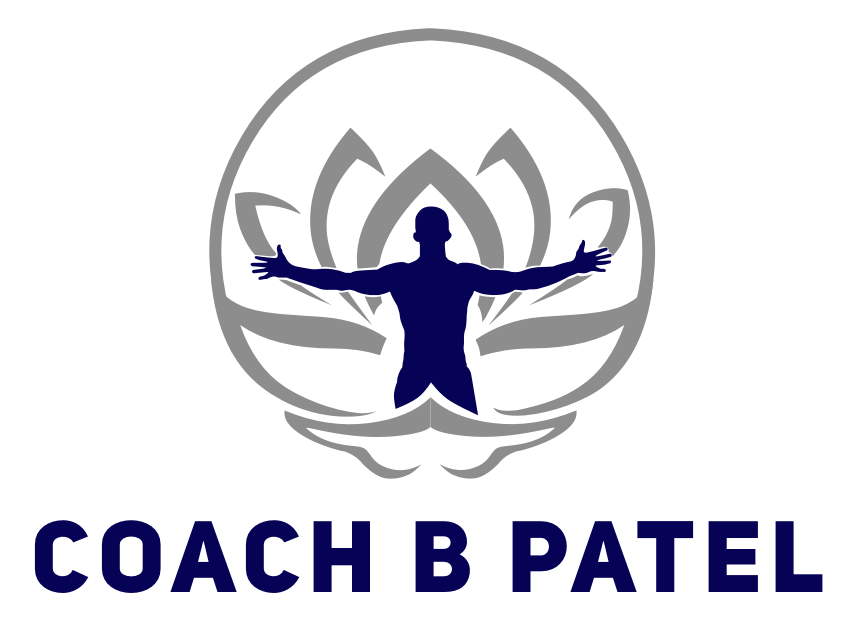Why I don’t use the Olympic Lifts
Image from Victor Freitas @victorfreitas
The goal of most strength and conditioning programs is to increase their athletes ability to produce force at higher velocities, which is known as power.
There are a number of methods and exercises that can be used to develop power, such as plyometrics, medicine ball throws, loaded jumps and utilizing the Olympic lifts.
The Olympic lifts seem to be a staple of many collegiate strength and conditioning programs because of the high power outputs that can be developed with the lifts and the many benefits that can be achieved through the movements.
The two lifts that make up competitive Olympic weight lifting are the Clean and Jerk and the Snatch.
I haven't seen many programs that utilize the Clean and Jerk in conjunction but separate the movement into two different exercises along with the snatch.
Talking to most coaches, it seems as the clean is utilized by a large majority as a key indicator exercise (test exercise/KPI) and becomes a primary focus of the training program.
The following is an account of my personal experience of how we don't perform the clean anymore as part of our programs. I hope it makes you think and you can better assess why you do what you do as a coach.
The clean has been a primary exercise in my training programs with all athletes since 2001 when I started training teams on a full time basis. This changed in 2004 when I started working with basketball and had a coach that didn't want to perform the movement for fear of risking injury.
I obliged and utilized other movements to develop power and started seeing great results with vertical jumps and sprint times. I continued to use these methods with my basketball athletes and continued to utilize the clean with my other athletes as I felt it was a fantastic movement to develop power and athleticism.
I came to Quinnipiac University in 2008 and began working with both Men's and Women's Ice Hockey and Men's and Women's Basketball. I continued to teach the clean to my hockey athletes but not to my basketball athletes. After our first year of training, our clean average for both hockey teams went up 25 lbs. but our vertical jumps did not go up accordingly.
I started to look back at my athletes verticals from Holy Cross and noticed that their verticals didn't improve as well as their cleans had and started to assess why I was performing the movement if it wasn't improving our power based on the vertical jump.
Were we just becoming more efficient at cleaning?
Could we better utilize our time developing power performing another movement?
I started to take notice of what position seemed to be the weak point in the clean (I've always implemented the clean from the hang position) and noticed that it was the above the knee position.
This was also the position that we would jump from, so my thought process was to increase the amount of force we could develop from this position and then program jumps and throws for our power development.
We tested our vertical jumps after the season with our hockey athletes and nearly everybody's vertical jumps increased or stayed the same in a sport that doesn't jump.
I continued to go with my intuition and started to program the rack pull (elevated deadlift) and other deadlift variations (trap bar, sumo) in place of Olympic lifting in phases when strength was our primary goal.
The other problem I realized with the clean was that if I wanted to improve my athletes' clean, we had to perform the clean year round.
But when we made the switch to a deadlift variation, we were able to perform more movement towards developing force in a strength phase and then progress that to a jump when we were in a concentrated power phase.
This switch has worked for our program and with all of our athletes and I'm glad that we made this switch years ago now.
I hope I was able to make you think critically about why you do what you do in an effort to make your programs better for your athletes.
Reach out to me if you are interested in learning more from me



